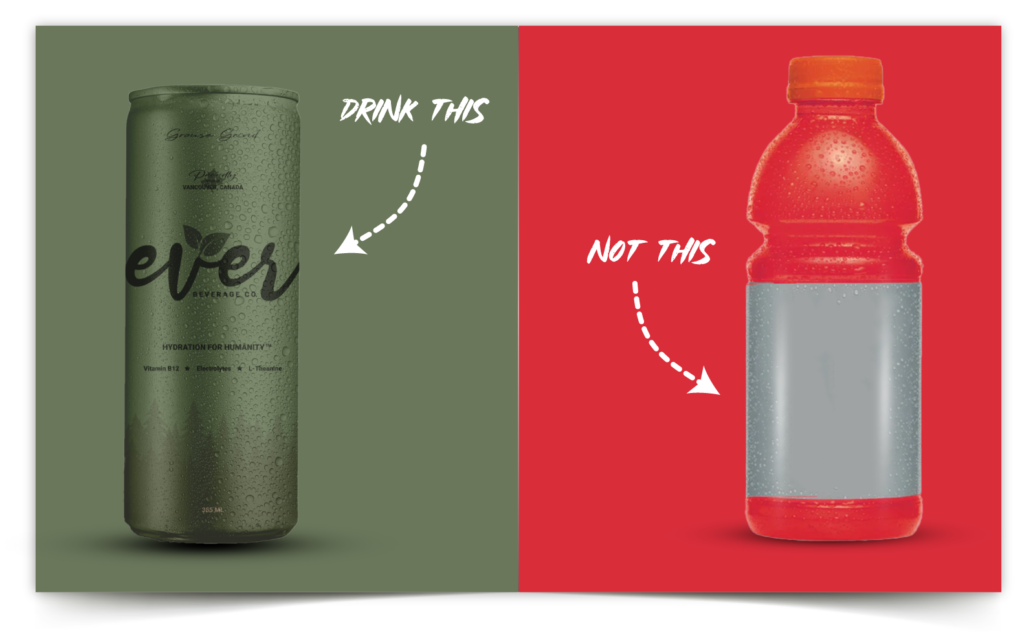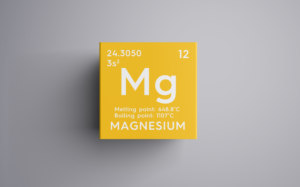
Coffee and espresso are beloved for providing an energizing start to the day, but alongside these benefits, there are also potential downsides. Beyond possible jitters and caffeine dependence, many people wonder: does coffee dehydrate you?

What is Caffeine and How Does It Work?
To fully grasp the negative effects of caffeine, we must first understand what it is and how it works. Caffeine is a natural stimulant found in coffee beans, tea leaves, cocoa, and many energy drinks. It primarily affects the brain by blocking adenosine, a neurotransmitter responsible for making us feel tired.
When adenosine is blocked, dopamine and norepinephrine levels increase, creating a feeling of alertness. This stimulation of the central nervous system can improve focus and temporarily stave off fatigue. However, this short-term boost comes with significant downsides.
Caffeine’s Role in Dehydration
To answer this question, it’s important to look at caffeine, the active ingredient in coffee. Caffeine acts as a mild diuretic, meaning it can increase urine production, which in turn, might lead to dehydration if you’re not replenishing lost fluids. However, the amount of dehydration coffee causes is not as simple as it seems.
Dr. Kantha Shelke, a food scientist and lecturer, explains that the liquid in coffee generally offsets caffeine’s diuretic effect. For most people, drinking one cup of coffee is unlikely to lead to dehydration because the water content in coffee helps counterbalance any fluid loss.
How Much is Too Much?
While a single cup of coffee won’t usually dehydrate you, the risk can increase if you consume multiple cups quickly. According to Dr. Shelke, drinking several strong coffees in a short time can have a noticeable diuretic effect. This happens because caffeine’s diuretic effect may outpace the body’s natural rehydration process. In other words, if you’re sipping coffee at a leisurely pace, it’s less likely to cause dehydration compared to downing several cups in a rush.
Other Factors That Impact Coffee’s Hydration Effects
Drinking Coffee on an Empty Stomach: Drinking coffee first thing in the morning on an empty stomach can intensify its effects because caffeine is absorbed faster. To slow down this absorption and potentially reduce dehydration risk, consider pairing your coffee with breakfast or drinking water alongside it.
Personal Caffeine Tolerance: Everyone’s tolerance to caffeine varies, and that affects how coffee influences hydration. If you’re not used to caffeine, your body may react by increasing urine output more than it would for someone who regularly drinks coffee. Caffeine takes about 45 minutes to be fully absorbed, but effects like increased urine production can start within 15 to 20 minutes.
Metabolism and Lasting Effects: The duration and intensity of coffee’s effects also depend on individual metabolism. Some people may feel dehydrated for hours after drinking coffee, while others experience only a brief diuretic effect. For regular coffee drinkers, the body often adapts to caffeine’s effects, making dehydration less likely.
How to Enjoy Coffee Without Feeling Dehydrated
If you love your morning coffee but are concerned about dehydration, there are a few simple strategies to try. First, consider drinking water alongside your coffee to ensure you stay hydrated. Enjoying coffee in moderation and spacing out your cups rather than consuming large amounts all at once can also help avoid dehydration.
For most habitual coffee drinkers, drinking in moderation and pacing consumption is enough to avoid dehydration. By paying attention to how coffee affects you personally, you can enjoy its benefits without the worry of unwanted side effects.
Bottom Line
While coffee does have a mild diuretic effect, it doesn’t automatically lead to dehydration for most people. The key is in knowing your own tolerance, consuming it in moderation, and balancing it with water. If you understand how your body responds, coffee can remain an enjoyable and hydrating part of your morning routine.
👉 Continue Reading: The Dark Side of Energy Drinks: Understanding the Risks
Long-Term Health Risks Associated with Caffeine
The negative effects of caffeine are not just limited to the short term. Over time, excessive caffeine consumption can have a detrimental impact on your long-term health, contributing to conditions that are difficult to reverse.
Digestive Issues
One of the lesser-known side effects of caffeine is its impact on the digestive system. Caffeine increases the production of stomach acid, which can lead to acid reflux, indigestion, and other gastrointestinal problems. Individuals with sensitive stomachs or conditions like irritable bowel syndrome (IBS) may find that regular caffeine consumption exacerbates their symptoms.
Additionally, caffeine is a diuretic, meaning it increases urine production and can lead to dehydration if not countered with adequate water intake. Dehydration can cause headaches, dizziness, and in severe cases, kidney damage over time.
Bone Health and Osteoporosis Risk
Emerging research has suggested that caffeine may negatively affect calcium absorption, which is critical for maintaining healthy bones. A 2014 study published in Osteoporosis International found that excessive caffeine intake is associated with a decrease in bone mineral density, increasing the risk of osteoporosis—particularly in older adults and postmenopausal women.
For those who consume energy drinks or coffee daily, it’s important to monitor calcium intake and ensure that it meets the recommended daily allowance, as calcium depletion can lead to fragile bones and a higher likelihood of fractures later in life.
Addiction and Withdrawal
One of caffeine’s most insidious effects is its ability to cause physical dependence. Regular, long-term caffeine consumption alters brain chemistry, leading to a tolerance where the body requires more caffeine to achieve the same stimulating effect. When a regular caffeine user suddenly reduces their intake, they may experience withdrawal symptoms, including headaches, irritability, fatigue, and difficulty concentrating.
The World Health Organization (WHO) has classified caffeine dependence as a disorder, emphasizing that it is not merely psychological but rooted in physical changes to brain receptors. This raises the question: is your daily cup of coffee doing more harm than good?
Debunking Common Myths About Caffeine
Despite the growing body of evidence on the negative effects of caffeine, several myths still persist about its benefits. Let’s address a few of the most common:
Caffeine is a reliable energy booster – While caffeine can give you a temporary jolt, it does not provide true energy. Instead, it masks feelings of fatigue by blocking adenosine. Once the caffeine wears off, the fatigue returns, often more pronounced than before.
Caffeine improves athletic performance – While caffeine is often used as a pre-workout stimulant, the benefits are limited to short bursts of activity. For endurance sports, caffeine’s dehydrating effects may actually hinder performance.
Caffeine is harmless in moderation – While moderate caffeine consumption (about 200-400 mg/day) is considered safe for most people, individual sensitivity to caffeine varies. Even small amounts can disrupt sleep patterns, raise blood pressure, or trigger anxiety in susceptible individuals.
Real-Life Example: The Rise of Caffeine-Free Alternatives
In response to the growing awareness of caffeine’s negative effects, there has been an increasing demand for caffeine-free or low-caffeine alternatives. Beverage companies have started offering a wider variety of herbal teas, decaf options, and plant-based energy drinks that provide a gentler, more sustainable energy boost without the crash.
For instance, Ever Beverage Co.—a company focused on health-conscious consumers—has created a line of functional drinks designed to offer hydration and energy through natural ingredients like electrolytes and adaptogens, rather than relying on caffeine. This shift towards healthier, caffeine-free beverages is a testament to the changing attitudes around caffeine consumption.
Is Caffeine Worth the Risk?
Caffeine is undoubtedly a powerful substance, one that can offer temporary benefits but comes with a host of negative side effects. From disrupting sleep to increasing the risk of heart disease, osteoporosis, and addiction, the long-term consequences of regular caffeine consumption cannot be ignored.
For health-conscious individuals, it’s worth considering alternatives and making informed choices about caffeine intake. Whether it’s switching to caffeine-free energy drinks or simply cutting back on that second cup of coffee, your body—and mind—will thank you in the long run.
As the science continues to unfold, one thing is clear: the negative effects of caffeine are not to be underestimated. It’s time to rethink our relationship with this ubiquitous stimulant and prioritize health over habit.





